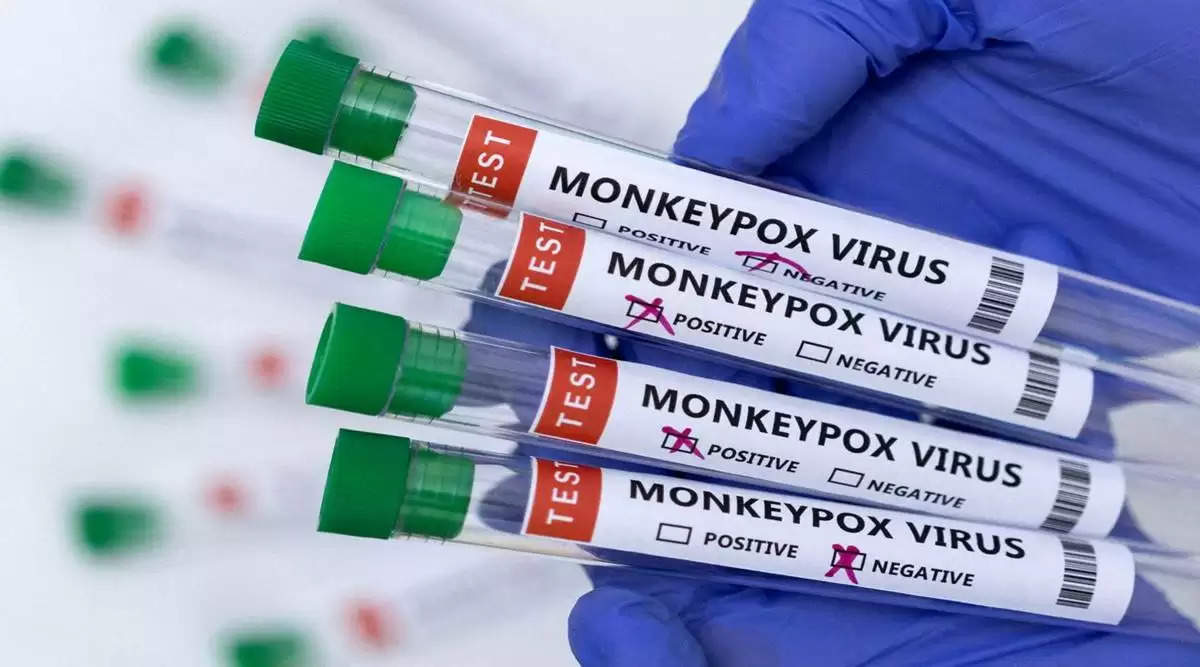Health Ministry Issues Dos and Don'ts for Preventing Spread of Monkey Pox

The Union health ministry on Wednesday published a list of dos and don'ts to prevent monkeypox in light of the country's escalating monkeypox cases. It further emphasised that anyone can contract the virus if they come into touch with an infected person repeatedly or for an extended period of time.
The ministry recommended using hand sanitizers or washing hands with soap and water, covering mouths with masks and hands with disposable gloves while near patients, and using disinfectants to sanitise the area around the infected individual as some of the dos to prevent the disease from spreading.
Avoid sharing towels, beds, clothes, and other items with those who have tested positive for the virus, according to the don'ts. The ministry recommended avoiding public gatherings even if you simply show signs of the illness and not washing dirty laundry or bed linen from sufferers and non-infected people together. "Don't stigmatise anybody who carry the virus, including suspected sufferers. Additionally, is advised not to trust rumours or false information. A task team on monkeypox has been established in the meantime to carefully monitor the evolving situation in the nation and choose responsive measures to stop the disease's spread.
Monkeypox has just been deemed a global public health emergency of international concern by the World Health Organization (WHO). The WHO describes monkeypox as a viral zoonosis, or a virus that spreads from animals to humans, having symptoms that are comparable to smallpox but are less severe clinically.
Fever, rash, and swollen lymph nodes are the classic symptoms of monkeypox, which can also result in a variety of medical consequences. The condition often has a two- to four-week symptom duration and is self-limited. According to the Center's "Guidelines on Management of Monkeypox Disease," the main method of human-to-human transmission involves large respiratory droplets that typically require extended close contact.Indirect contact with lesion material, such as through contaminated clothing or linen of an infected individual, as well as direct touch with body fluids or lesions are other ways in which it can be spread. Human-to-animal transmission can happen when bushmeat is prepared or when an infected animal bites or scratches a person. Monkeypox typically has an incubation period of six to thirteen days and historically has a case fatality rate of up to 11% in the general population and greater in children. The case fatality rate has recently ranged between 3 and 6%.
Lesions are among the symptoms, which typically appear one to three days after the commencement of a fever, continue for about two to four weeks, and are frequently reported as painful up until the point of healing, when they turn itchy. According to the guidelines, monkeypox is characterised by a marked preference for palms and soles.
.png)